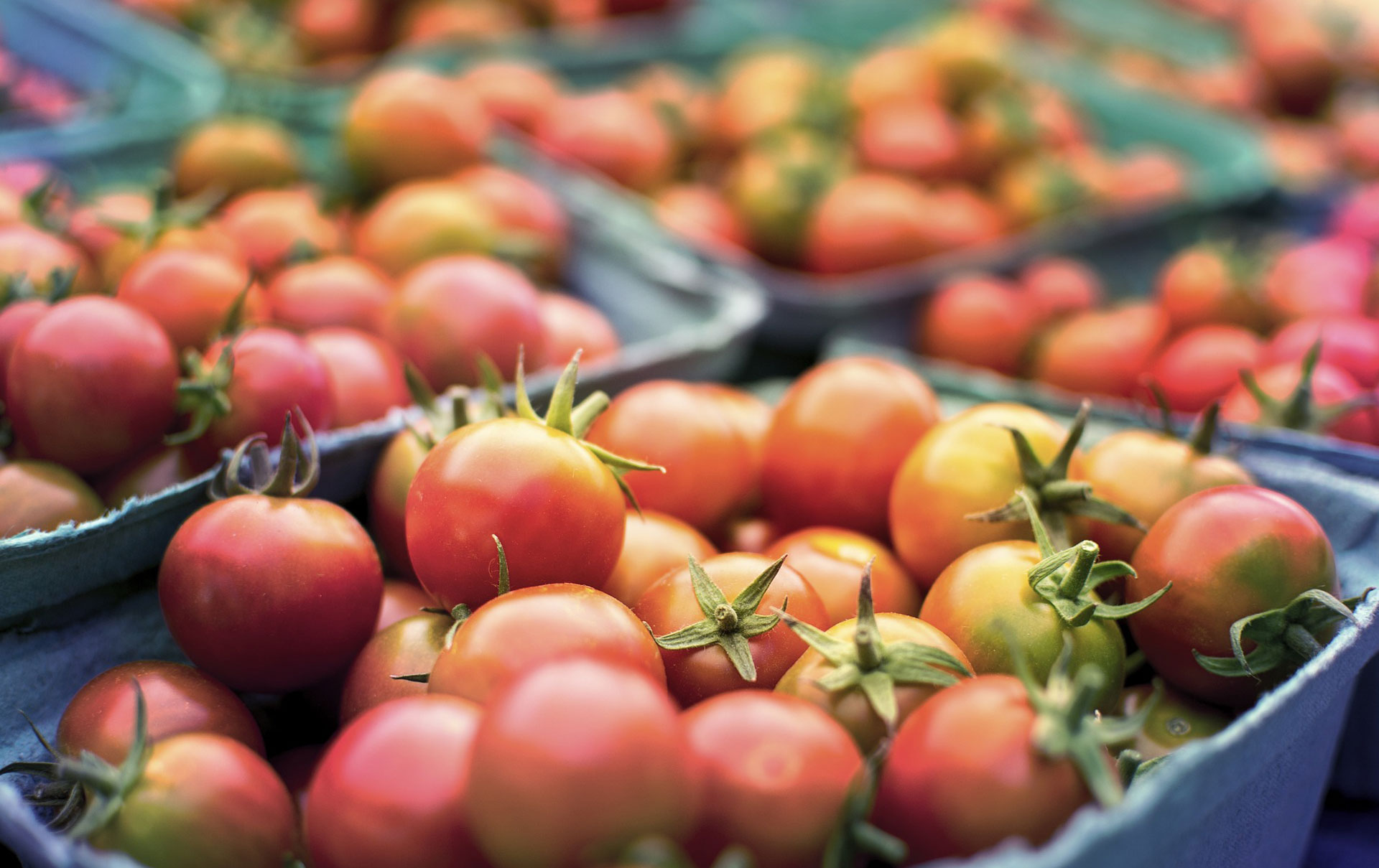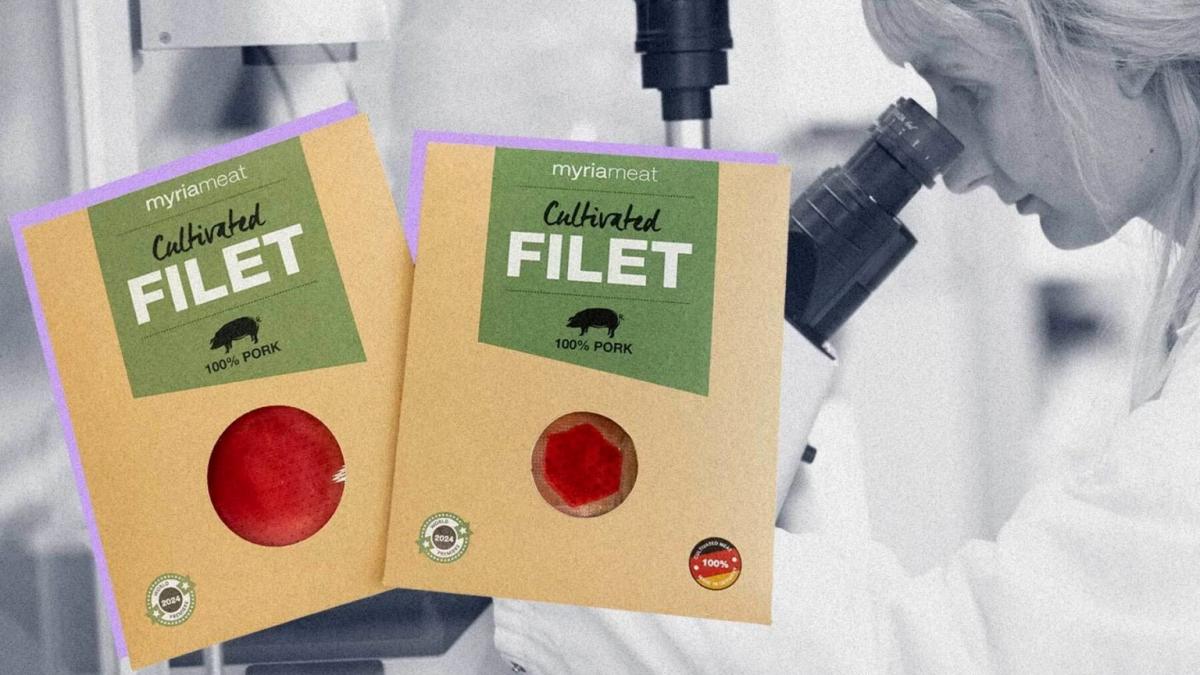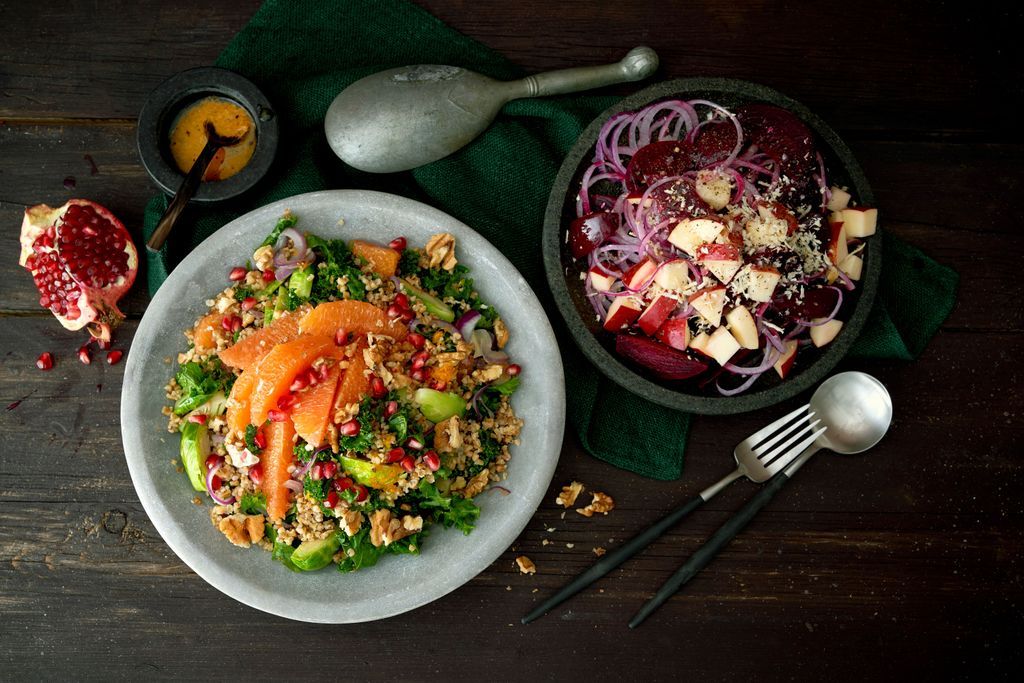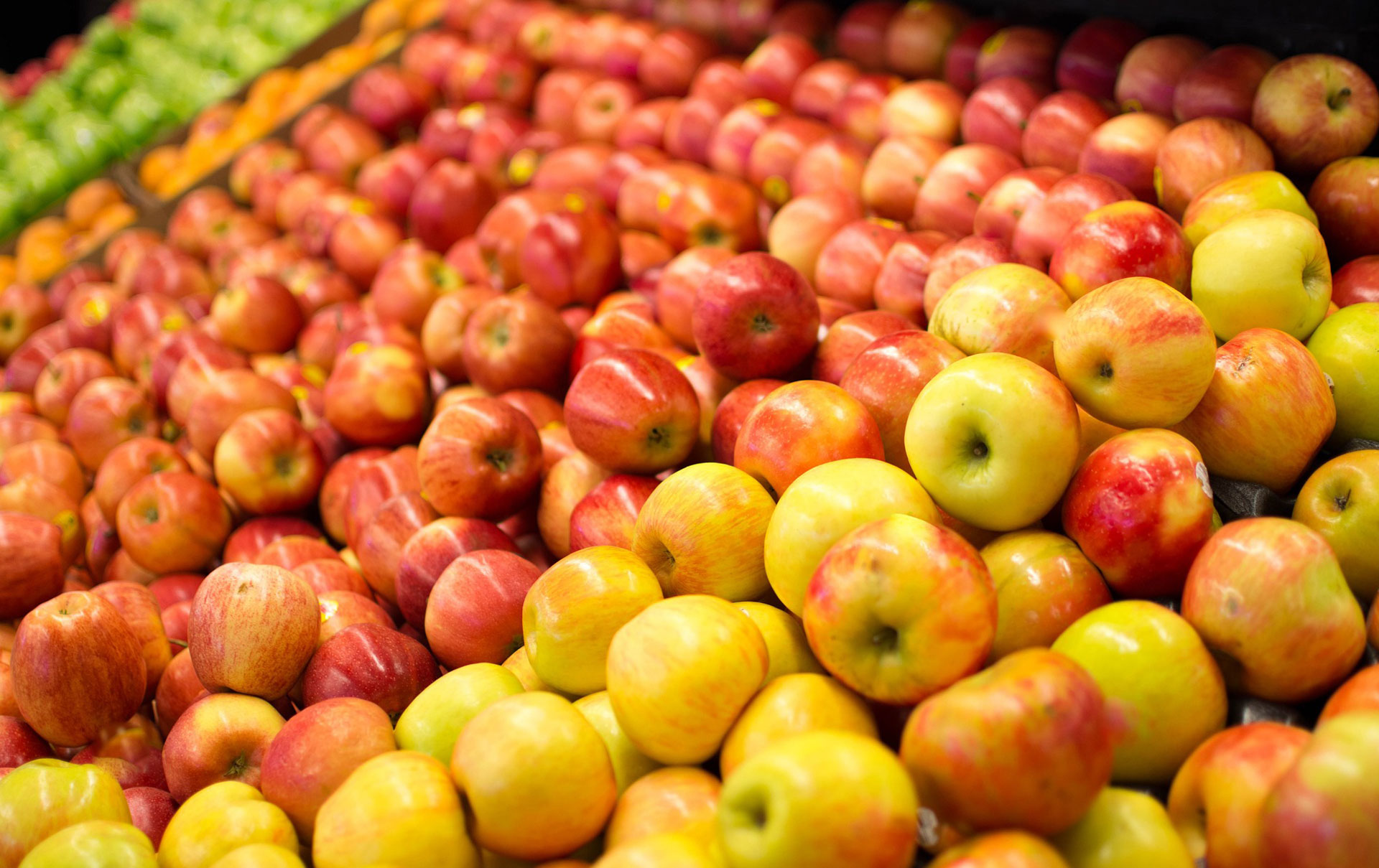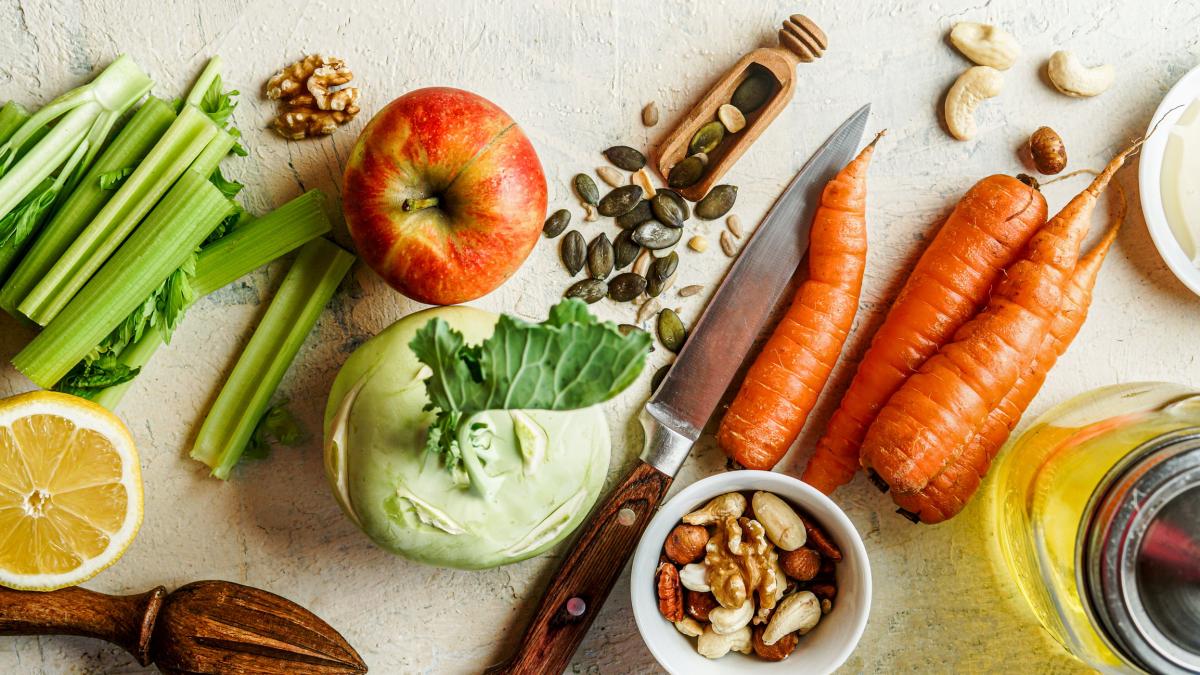Buying raspberries and asparagus in winter is not a good idea – we all know that. However, there are still a lot of fruits, vegetables and other products in May that you shouldn’t buy. We’ll tell you where caution is advised.
At the moment, the fruit and vegetable counter is lit up as if it were already mid-summer and the selection of fruit and vegetables is getting bigger every week. But not everything that beckons us seductively, “Please buy me!”, is in season yet.
The crux of the matter: As soon as it is summery warm outside, we automatically crave fresh raspberries, apricots, grapes and tomatoes. However, most of these fruits are long-distance imported productsIt will still be a few weeks before the harvest season begins here. For us consumers, this means that even if it is already summery warm outside, many types of fruit and vegetables are exported from distant countries – and are therefore not a good choice.
Onions from Chile and melons from Costa Rica: is it necessary?
Our diet and our consumption have an impact on the climate and the environment: the production of food and its transport are responsible for huge amounts of greenhouse gases.
When you look at the fruit and vegetable signs you can see that things are quite international here: Onions from Chile, grapes from India, melons from Costa Rica, plums and pears from South Africa and strawberries from Spain.
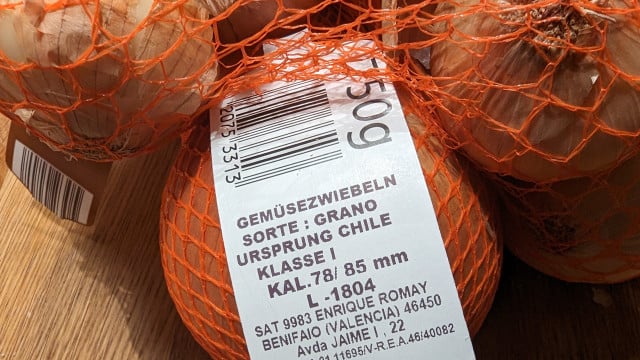
Patience is required at this time of year: early summer is a kind of in-between season that makes you long for summer, when many vegetables and fruits grow and ripen here. Now in May, you should pay particular attention to what ends up in your shopping cart when shopping.
Which fruits and vegetables you should avoid buying at this time of year
#1: Berries: Popular varieties only available regionally from June
Even though we have many berries available all year round, you shouldn’t buy all of them just yet.
- Raspberries: Raspberries are in season from mid-June to September.
- blueberries: The blueberry season in Germany begins at the end of June and lasts until September.
- Strawberries: The season for German strawberries begins in mid-May. Regional organic strawberries are the best choice; you should definitely stay away from early strawberries from Spain.
#2: Apples: Summer apples are only available from the end of July
Apples from Germany – but also from New Zealand – are available in the supermarket all year round. The WWF says: “However, apples from the region are not generally more climate-friendly than apples from New Zealand, for example.” The reason: Storing German apples in the spring and summer months is very energy-intensive, so the carbon footprint can be even worse than an apple flown in from overseas. “But the apple from New Zealand is still far from being environmentally friendly.”
Our tip is: Eat apples when they are in season in Germany – i.e. from August to October.
#3: Tomatoes: Only buy from mid-July!
The differences in tomatoes’ carbon footprint are enormous: if tomatoes come from a heated greenhouse (in Germany), they are responsible for 9,300 grams of CO2 (per kilogram of tomatoes), while if they are flown in from the Canary Islands, they cause 7,200 grams of CO2. The CO2 footprint of seasonal outdoor tomatoes is pleasingly small at 85 grams, according to a study by the University of Giessen. The best choice is regional, seasonal organic tomatoes: They cause just 35 grams of CO2 per kilo of tomatoes.
Before the tomato season starts here in July, the red fruits usually come from Spain. Here they are often grown in inhumane conditions, they grow in a sea of plastic film and use a lot of water, which is in short supply in hot Spain.
Therefore, be sure to wait for organic tomatoes from the region. These are mainly available in the months of August and September. But early varieties are also available in mid-July.
#4: Grapes are not a summer fruit
Grapes are also a no-go at the moment. The grape season in the warm European neighbouring countries starts at the end of July and lasts until November. From then on, grapes mostly come from abroad, for example from South Africa and South America. This means that the fruit has a long transport route and a bad ecological balance. The grapes that are currently available in supermarkets mostly come from India or South Africa.
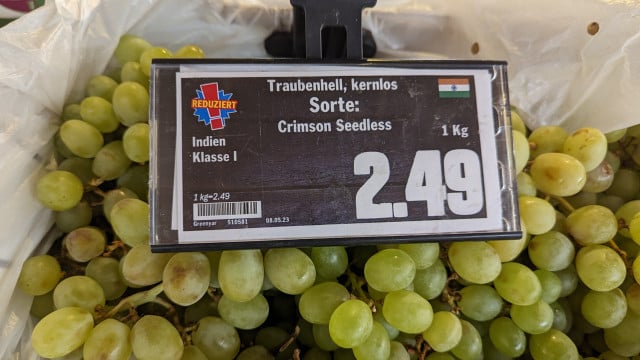
Bonus: Roses are not early summer flowers
It is not only important to buy fruit and vegetables seasonally. This also applies to flowers. Mother’s Day is in May – after Valentine’s Day, THE day to buy cut flowers. Roses are particularly popular as a sign of love. Many roses also come from Africa at this time of year – they bring with them a variety of problems. The rose test from Öko-Test from February 2023 shows: Most rose bouquets are contaminated with pesticides. Many of the pesticides found have long been banned in the EU. In addition, there is a poor climate balance and miserable working conditions in the fields, high water consumption and the problems that monocultures bring with them:
If you want to buy environmentally friendly flowers in May, you should buy regional tulips, peonies, carnations, sweet peas or freesias.
Regional is good, seasonal is better: Tips for shopping in May
Utopia says: If you want to shop sustainably, you shouldn’t just fill your shopping cart as you please. Since none of us remembers all the harvest times and ecological balances, the rule is: keep your eyes open, pay attention to the origin – and think a little. Local food is almost always the best choice, especially if it is organically grown.
- Only buy fruit and vegetables if they season In contrast to winter, there are now a number of fruits that you can buy regionally and seasonally. Our seasonal calendar is helpful here.
- In the fruit and vegetable department you should always have a Take a look at the origin. Because it is often declared differently than expected. You can find information either on the product itself or in the price label.
- Exotic fruits such as mangos, pineapples and avocados are never available seasonally and regionally. In the warm season, when there are enough local fruits here, you should best to avoid altogetherAnd during the rest of the year, crowdfarming is a good alternative. Bulk orders reduce packaging and costs, and supply chains are short.
- Be patient: in just a few weeks, local raspberries, apricots, melons, cherries and so on will be available in abundance.
** marked with ** or orange underlined Links to sources of supply are partly partner links: If you buy here, you are actively supporting Utopia.de, because we then receive a small part of the sales proceeds. More info.
Do you like this post?
Thank you for your vote!

